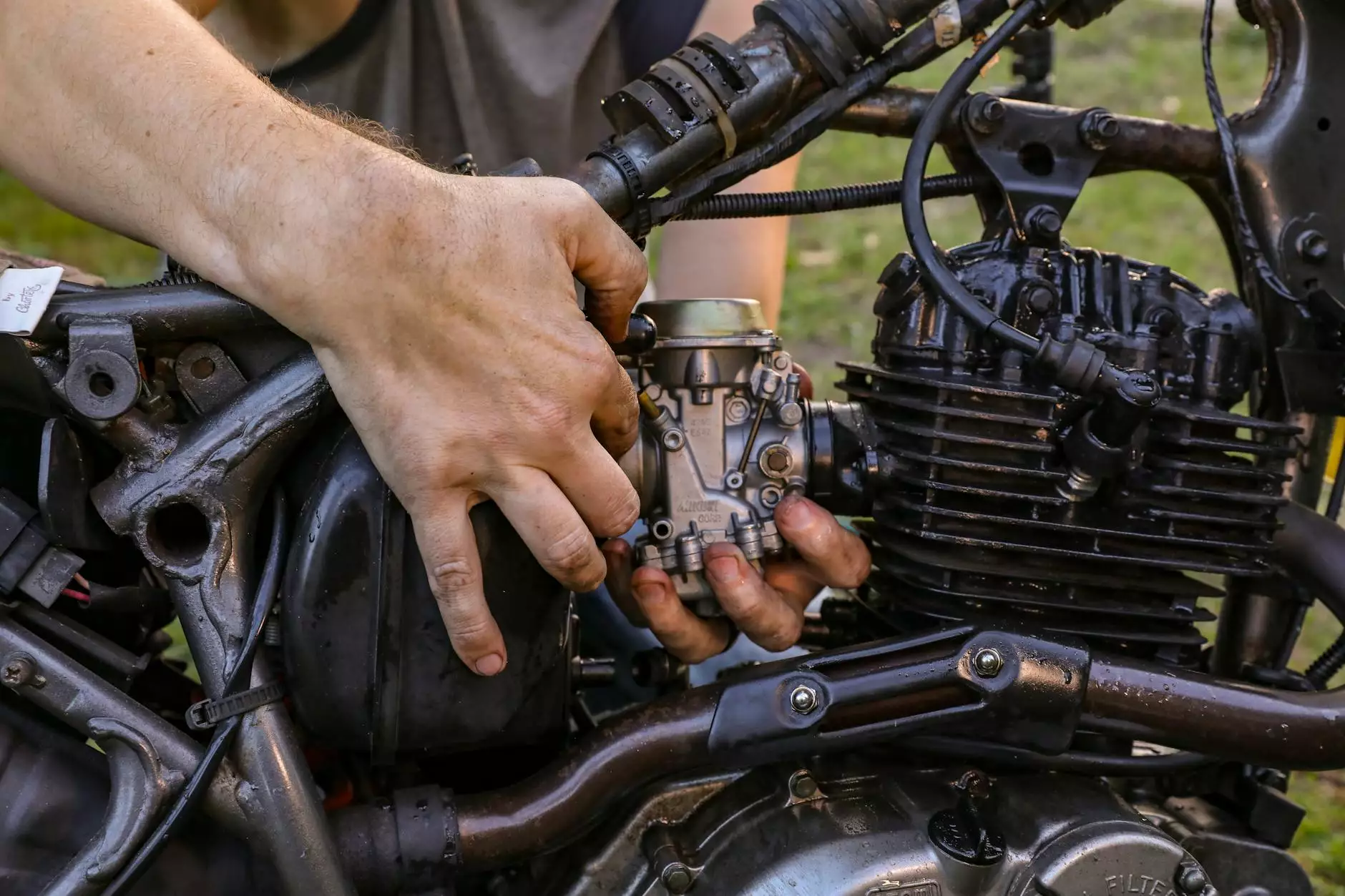Understanding the Significance of Piston Parts in Diesel Engines

The efficiency and performance of a diesel engine heavily rely on its intricate components. Among these, the parts of the piston play a crucial role in ensuring the engine operates smoothly and effectively. In this article, we will explore the anatomy of piston parts, their functions, and the significance of selecting high-quality components from reputable spare parts suppliers.
The Anatomy of Piston Parts
To understand the function of piston parts in a diesel engine, it is essential to analyze their structure. The piston is one of the core components that convert the energy from combustion into mechanical work. Below are the key components of the piston:
- Piston Crown: The top surface of the piston, which faces the combustion chamber.
- Piston Ring Grooves: The grooves where the piston rings are installed to create a seal and maintain compression.
- Piston Rings: These are metallic rings that seal the combustion chamber, control oil consumption, and aid in heat dissipation.
- Piston Skirt: The sides of the piston that help guide it within the cylinder.
- Piston Pin (Wrist Pin): The pivot point that connects the piston to the connecting rod.
- Connecting Rod: Although not part of the piston itself, it connects the piston to the crankshaft, translating the vertical motion of the piston to rotational motion.
Piston Crown: The Interface with Combustion
The piston crown is not just a flat surface; it's designed to optimize the combustion process. Its shape affects the airflow within the cylinder and influences how fuel mixes with air. A well-designed piston crown can lead to:
- Improved fuel efficiency
- Lower emissions
- Enhanced engine power and torque
To achieve these benefits, manufacturers meticulously engineer piston crowns to match the specific demands of various diesel engine types.
The Role of Piston Rings in Engine Efficiency
Piston rings are critical to the function of the piston assembly. They can be categorized into three main types:
- Compression Rings: These rings maintain the necessary compression within the combustion chamber, preventing gas leakage and ensuring optimal power production.
- Oil Control Rings: Essential for regulating oil consumption, these rings help to minimize oil entering the combustion chamber, which can lead to blue smoke and increased emissions.
- Wiper Rings: These are designed to wipe excess oil from the cylinder walls, maintaining the ideal lubrication level while minimizing oil consumption.
By maintaining proper sealing and lubrication, piston rings contribute significantly to the longevity and performance of diesel engines.
Selecting Quality Piston Parts: Key Considerations
When it comes to sourcing piston parts, quality must never be compromised. Here are several factors to consider while selecting components:
- Material Quality: High-performance pistons are made from materials that can withstand extreme temperatures and pressures. Look for parts made from aluminum alloys or forged steel.
- Manufacturer Reputation: Invest in parts from reputable suppliers like client-diesel.com. Established suppliers often provide detailed specifications and support.
- Compatibility: Ensure that the piston parts are compatible with your specific diesel engine model to avoid operational inefficiencies.
- Warranties and Support: Reputable suppliers will often provide warranties on their products, reflecting their confidence in quality.
The Maintenance of Piston Parts
Regular maintenance and inspection of piston parts are crucial for the longevity of your diesel engine. Consider these maintenance tips:
- Regularly check piston rings for wear and tear.
- Monitor oil levels and quality to prevent excessive wear.
- Inspect for signs of piston slap or unusual noises that may indicate problems.
- Follow your engine’s service schedule to replace any worn components proactively.
Common Issues with Piston Parts
Understanding common issues that arise in piston components can help in early diagnosis and maintenance. Some of the most frequent problems include:
- Piston Slap: Occurs when the piston moves side to side within the cylinder due to wear, leading to increased friction and noise.
- Ring Wear: Over time, piston rings can wear out, compromising their sealing ability which affects engine performance.
- Scoring and Damage: Scratches or damage may develop on the piston or cylinder walls, often due to contaminants in the oil.
- Overheating: Insufficient lubrication or improper piston design can lead to overheating, damaging the piston assembly.
Conclusion: Investing in Quality Piston Parts
In conclusion, the parts of the piston are vital to the functionality and efficiency of diesel engines. Selecting quality piston components, understanding their functions, and performing regular maintenance can lead to significant improvements in engine performance. As engines become more advanced, acquiring parts from reliable suppliers like client-diesel.com becomes even more essential.
Through careful consideration of the importance of piston parts and proper maintenance, diesel engine owners can achieve optimal performance, longevity, and reduced operational costs. Remember, investing in the right piston parts not only enhances performance but also ensures that your diesel engine runs smoothly for years to come.









